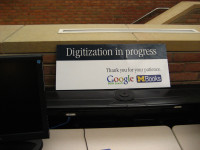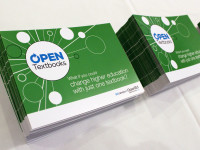Imagine going to your local library in search of Canadian books. You wander through the stacks but are surprised to find most shelves barren with the exception of books that are over a hundred years old. This sounds more like an abandoned library than one serving the needs of its patrons, yet it is roughly what a recently released Canadian National Heritage Digitization Strategy envisions.
Led by Library and Archives Canada and endorsed by Canadian Heritage Minister Mélanie Joly, the strategy acknowledges that digital technologies make it possible “for memory institutions to provide immediate access to their holdings to an almost limitless audience.”
Yet it stops strangely short of trying to do just that.











